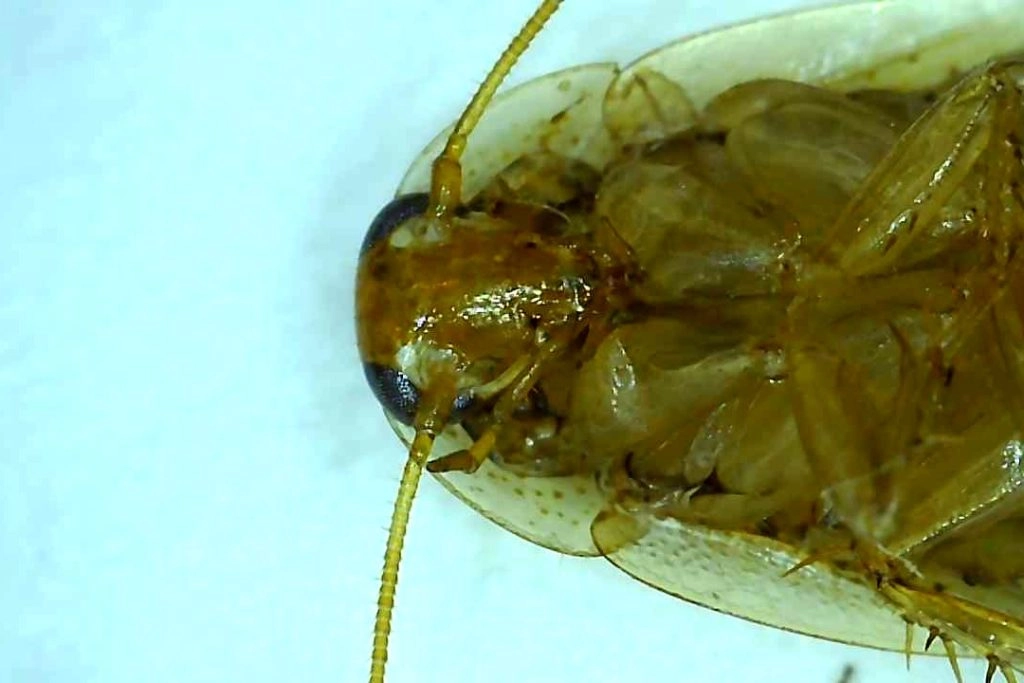How Long Does It Take for a Cockroach to Starve to Death?
When I returned home from work, my 7 year old son informed me that he was starving. He started to tell me how he hadn’t had any lunch and would soon kill over. The look on mom’s face indicated he had simply forgotten about lunch and she was likely to end him before the supposed starvation. Since I had spent the day working on putting together a plan to get rid of some cockroaches in an apartment complex, I wondered, “how long would it take to starve a cockroach to death?”

Starving cockroaches
Most cockroach treatment preparation instructions direct people to minimize sources of food including crumbs and grease accumulation. Many people that hear this wonder why they are paying for cockroach service if they are doing all the work of starving the roaches to death. The truth is that cockroaches can survive weeks or over a month without food depending on the species, so reducing food access is not going to eliminate them any time soon. The reduction in roach food helps:
- Increase the hungry roach’s desire to eat the roach bait
- Diminish the roaches nutrition for body repair and replenishment
- Reduce energy for reproduction and population expansion
- Push roaches out of their comfort zone so they can interact with the products
- Slow population growth below the rate of elimination
- Help reduce roach poop
What do roaches eat anyway?
Roaches will eat just about anything. They will obviously eat human food, but they don’t stop there. They will feed on our garbage, greasy remnants that accumulate below cabinets and shelves from cooking processes, dead skin cells, and even mouse poop (more on this symbiotic relationship shortly).

What about death by dehydration?
The length of time to die from lack of water is much more appealing on the cockroach battlefront. This time frame is right around a week. The downside is the near impossibility of eliminating water sources for them. Cockroaches can obtain water from dripping faucets, toilet bowls, water in the plumbing p-traps, sewers, and even condensation on windows, fridges, and pipes.

Cannibal Cockroaches
Wrap your head around this: mice like to eat roaches; they are a tasty little treat. Roaches are willing to eat mouse feces. This means they are indirectly eating each other. While this is a nasty little thought experiment, we don’t have to get that complex when it comes to cannibal cockroaches. Given enough population pressures and food shortages, they will directly eat each other. This has some great implications for spreading bait and other control measures through a population.

Skip the starvation
While starving a cockroach to death that has been tormenting you might have a certain emotional appeal, it is not the way to get them out. Don’t let this reduce your efforts to minimize their food access. To learn more about roach annihilation, reach out to the cockroach experts at Rove Pest Control for any level of help.
About Rob Greer: Pest Control Expert and Industry Leader
Rob Greer, co-founder of Rove Pest Control, has a deep connection with nature, developed during his upbringing in rural Idaho where he raised horses and cattle. He began his career in pest control in 2001 to support his university studies. After earning a BS in Business Management, Rob, along with Lenny Gray and McKay Bodily, founded Rove Pest Control.
Rob has played a pivotal role in shaping the operational framework of Rove Pest Control, with a focus on personal development for team members, public health awareness, and tailoring services to meet the needs of individuals and communities.
As an Associate Certified Entomologist (ACE) and Subject Matter Expert (SME), Rob has made significant contributions to the pest control industry. He has collaborated on the Minnesota Department of Agriculture’s UMN Extension certification manual and exam development, the National Pesticide Applicator Certification Core Manual for the EPA, and the Quality Pro Customer Service Credential Task Force. His expertise has also been recognized in his testimony for the pest control industry before the Minnesota state legislature as a State Policy Affairs Representative. Currently, Rob serves as the President of the Minnesota Pest Management Association Board. Learn more about Rob Greer.
